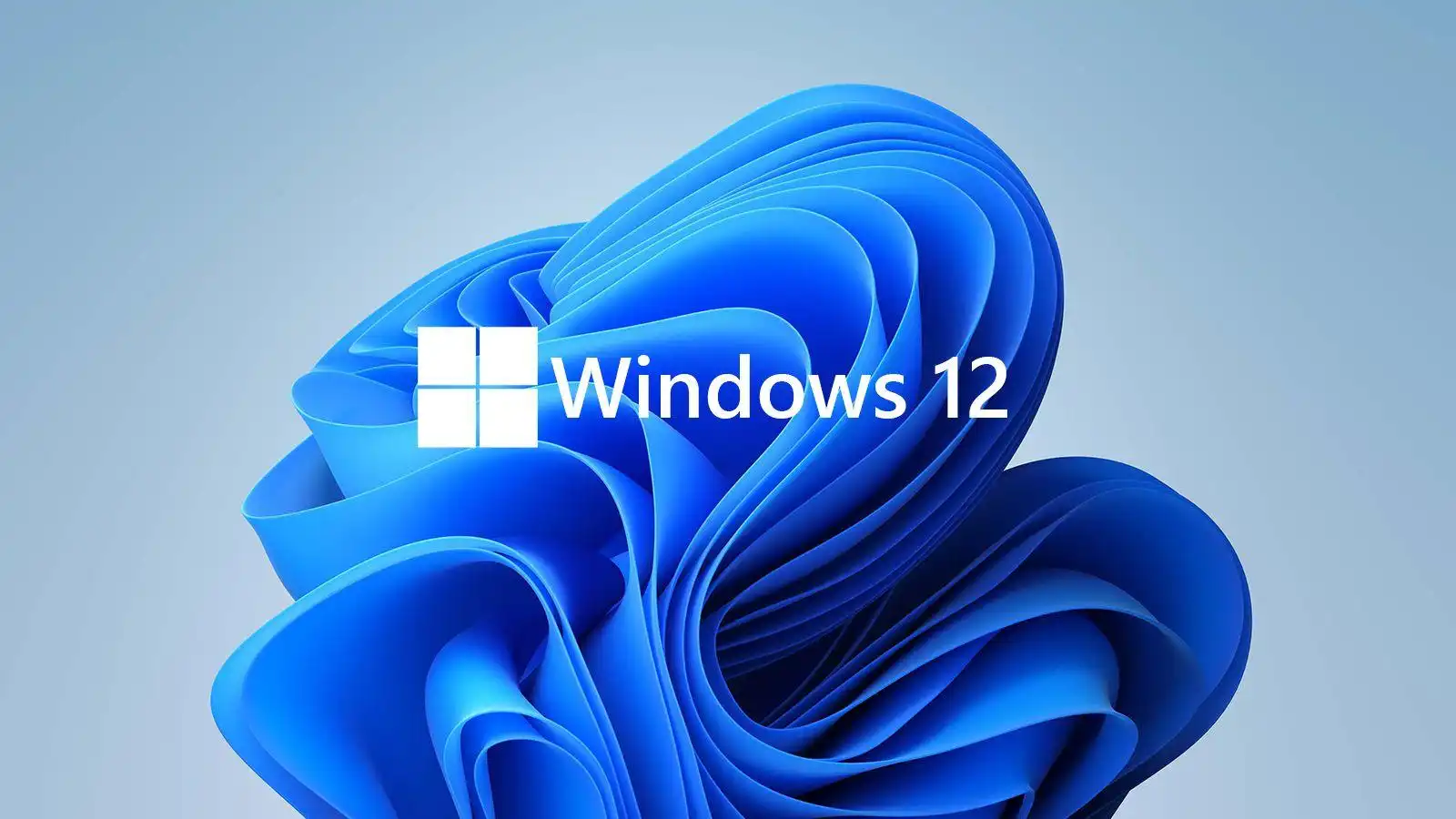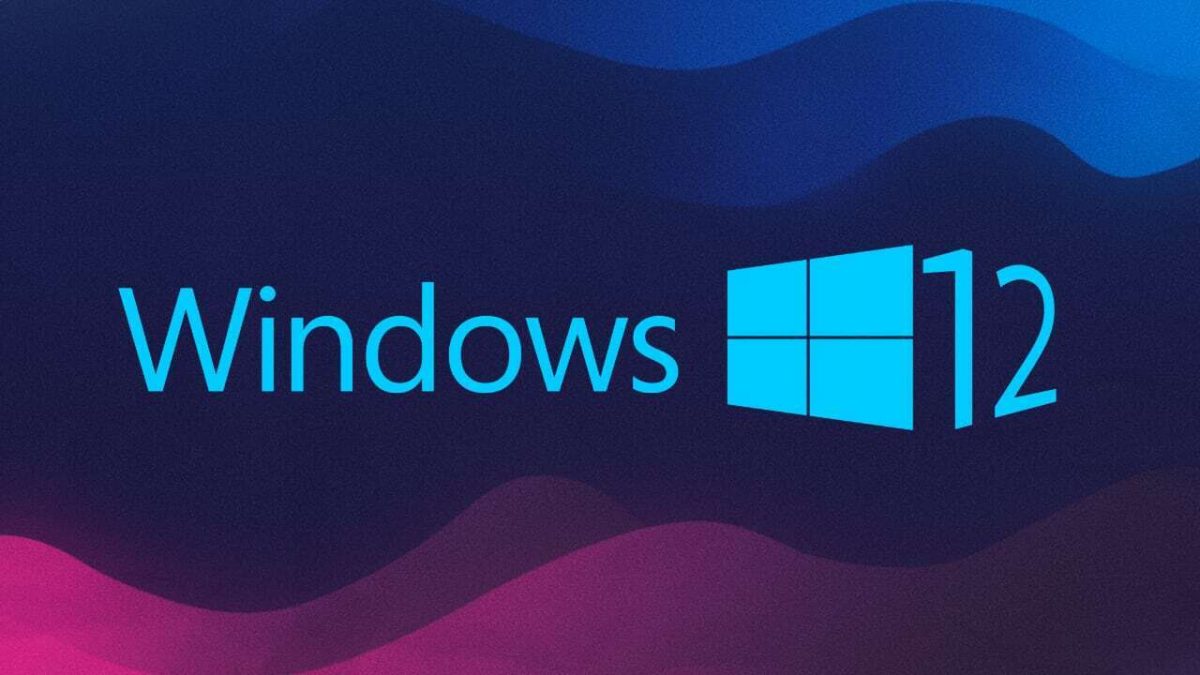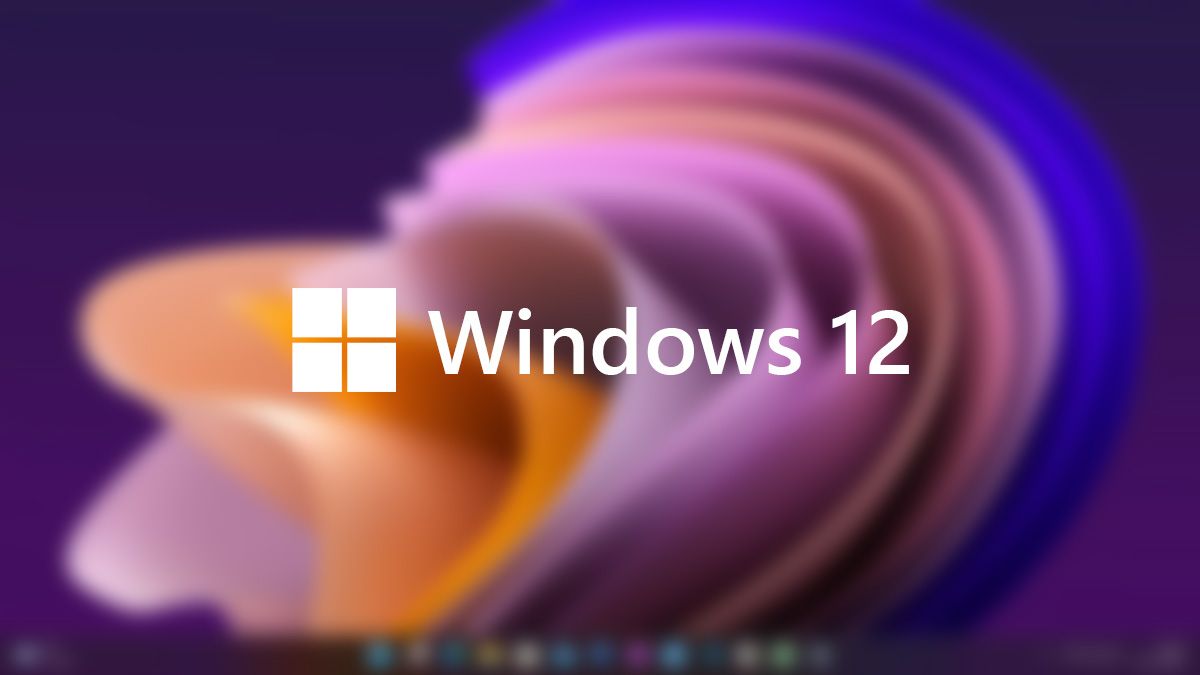In a digital era constantly craving innovation, the anticipation surrounding Microsoft’s next major leap – Windows 12 – is reaching a fever pitch. With Windows 11 marking its second anniversary, the tech community is abuzz with speculation about what the next iteration will offer. Windows 11, despite its advancements, left users yearning for more, paving the way for what many hope will be a groundbreaking update in Windows 12.
Unraveling the Mysteries: What to Expect from Windows 12?
The Rumor Mill: Release Date Speculations
The tech world is rife with conjecture regarding Microsoft’s latest release. Microsoft remains enigmatic about the launch date, but industry insiders hint at a possible 2024 debut.
Citing a report from a Taiwanese financial paper, Quanta Chairman Lin Baili hinted at a summer 2024 launch, aligning with Qualcomm CEO Cristiano Renno Amon’s prediction of a mid-2024 release. Windows Central furthers this narrative, suggesting a major Windows version every three years, with 2024 marked for the next big reveal.

However, in a twist, a January 2024 report from Windows Central hinted at a potential pivot, suggesting that 2024 might witness a major update to Windows 11 (version 24H2) rather than the much-anticipated Windows 12.
The Evolution of Design and AI Integration
Leaks and insider reports paint a tantalizing picture of what the new operating system might entail. Codenamed “Next Valley,” the new UI redesign is expected to draw inspiration from MacOS aesthetics, repositioning widgets and notification areas for a streamlined experience. The taskbar, too, is set for a makeover with a hovering design, allowing for an unobstructed desktop view.

Beyond aesthetics, Microsoft’s commitment to AI integration is evident. Building on Windows 11’s 23H2 update, which introduced the Copilot AI assistant, Windows 12 is poised to push these boundaries further. Enhanced AI capabilities may include screen-based prompts for project initiation and advanced image recognition for seamless text and object extraction.
System Requirements: Preparing for the Future
As with any major software update, system requirements are a key consideration. Reports suggest that Windows 12’s specifications will mirror or slightly elevate those of Windows 11. Expectations include a continued reliance on TPM 2.0 for security, with a potential shift towards 8GB RAM as the new standard.
Furthermore, Microsoft may favor SSDs over HDDs for software installations, indicating a move towards faster, more reliable storage solutions.
3 features in the new 'Windows 12' leak we can’t wait to have — here’s what we know https://t.co/Dip3na0CU2 #MachineLearning #DeepLearning pic.twitter.com/zwL2mznf6H
— Paul Lopez (@lopezunwired) March 29, 2023
The Road Ahead: Anticipation and Speculation
While the world eagerly awaits official word from Microsoft, the rumors and leaks surrounding Windows 12 paint a picture of a transformative update. From a revamped user interface to groundbreaking AI integrations and enhanced system requirements, Windows 12 promises to be more than just an incremental update – it’s poised to redefine our interaction with personal computing.

As we navigate through these exciting times in the tech world, one thing is certain: the future of operating systems is on the brink of a significant evolution. Whether it will be christened Windows 12 or take on a different moniker, this upcoming release from Microsoft is set to be a pivotal moment in the tech industry, potentially setting new standards for personal and professional computing.


